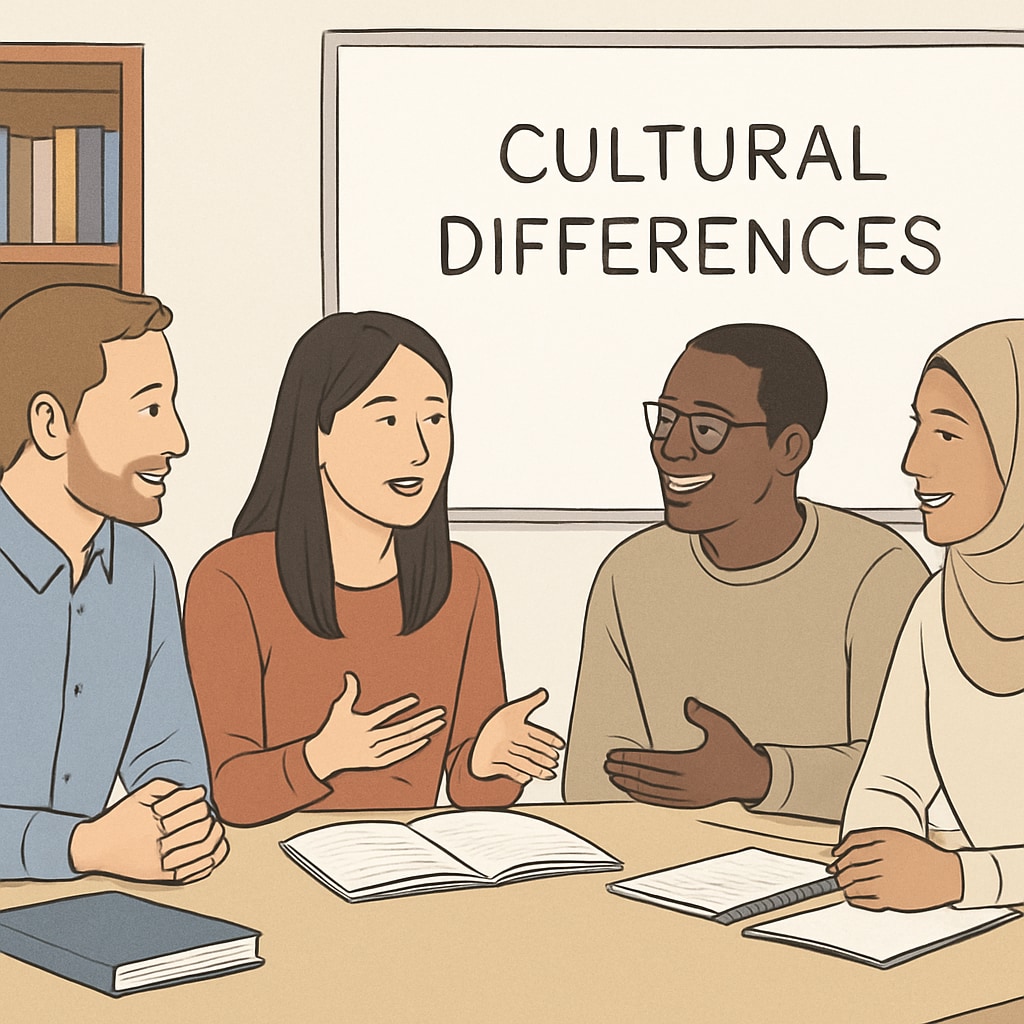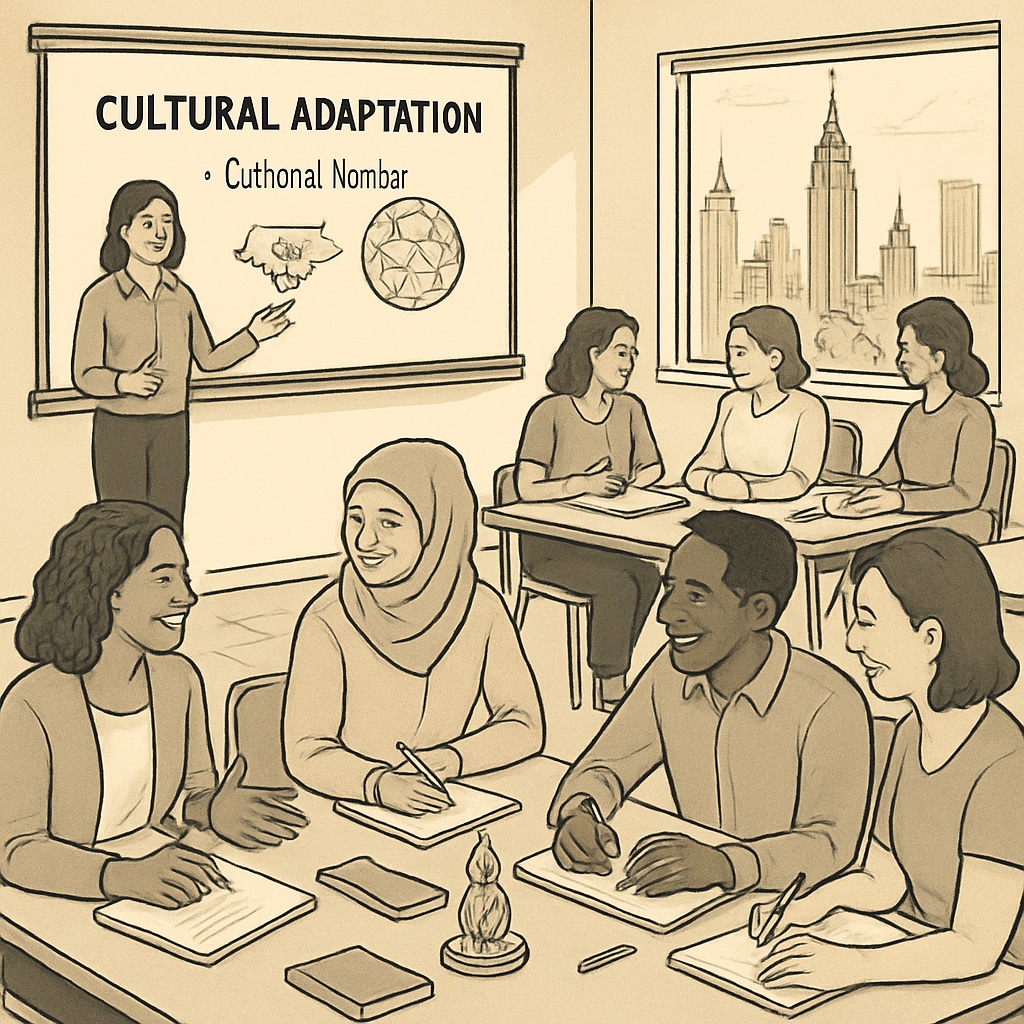In today’s globalized world, adult education, cultural adaptation, and basic knowledge play a critical role in helping international students navigate their new environments. For adult learners, adapting to Western society and academic settings often includes overcoming cultural barriers, language differences, and unfamiliar social norms. Providing accessible and effective resources is essential for empowering them during this transformative journey.
Understanding the Unique Challenges of Adult International Students
Adult international students face challenges distinct from those of younger learners. While younger students may adjust more quickly to cultural differences, adult learners often bring deeply embedded cultural norms and practices from their home countries, which can make adaptation a slower process. Common challenges include:
- Language proficiency gaps that hinder communication and academic success.
- Difficulty understanding Western social norms and customs.
- Balancing academic, professional, and personal responsibilities.
- Limited access to tailored educational resources for cultural adaptation.
Recognizing these challenges is the first step in creating targeted programs and resources that meet adult learners’ needs.

Effective Resources for Cultural Adaptation in New York
New York, as one of the most culturally diverse cities in the world, offers excellent opportunities for adult international students to access cultural adaptation resources. From community centers to specialized adult education programs, the city provides tools for learning about Western culture while building essential skills for personal and professional success. Key resources include:
- Community Language Classes: Organizations like the New York City Department of Education offer language classes tailored to non-native speakers, helping adult learners improve their English proficiency.
- Cultural Workshops: Nonprofits and local community centers frequently host workshops on topics such as Western etiquette, workplace norms, and cultural traditions.
- University Support Programs: Institutions like Columbia University and NYU provide orientation programs and counseling services specifically designed for international students to ease their transition.
By leveraging these resources, adult learners can gain confidence in navigating their new cultural and academic environments.

Building a Comprehensive Approach to Cultural Integration
Successful cultural integration requires a multifaceted approach. Educators and policymakers can enhance the effectiveness of adult education programs by:
- Customizing Curriculum: Incorporating cultural adaptation modules into adult education courses to address common challenges.
- Encouraging Peer Support Networks: Facilitating connections among international students to share experiences and solutions.
- Utilizing Technology: Offering online platforms for language learning, cultural education, and interaction with local communities.
By combining traditional learning methods with modern tools, institutions can create a supportive environment for adult international students to thrive.
In conclusion, providing resources for adult education, cultural adaptation, and basic knowledge is essential for empowering international students to navigate their new environments. New York’s diverse offerings make it a prime location for fostering cultural integration among adult learners. With tailored programs and innovative strategies, educators can help bridge the gap between cultures and create pathways for success.


